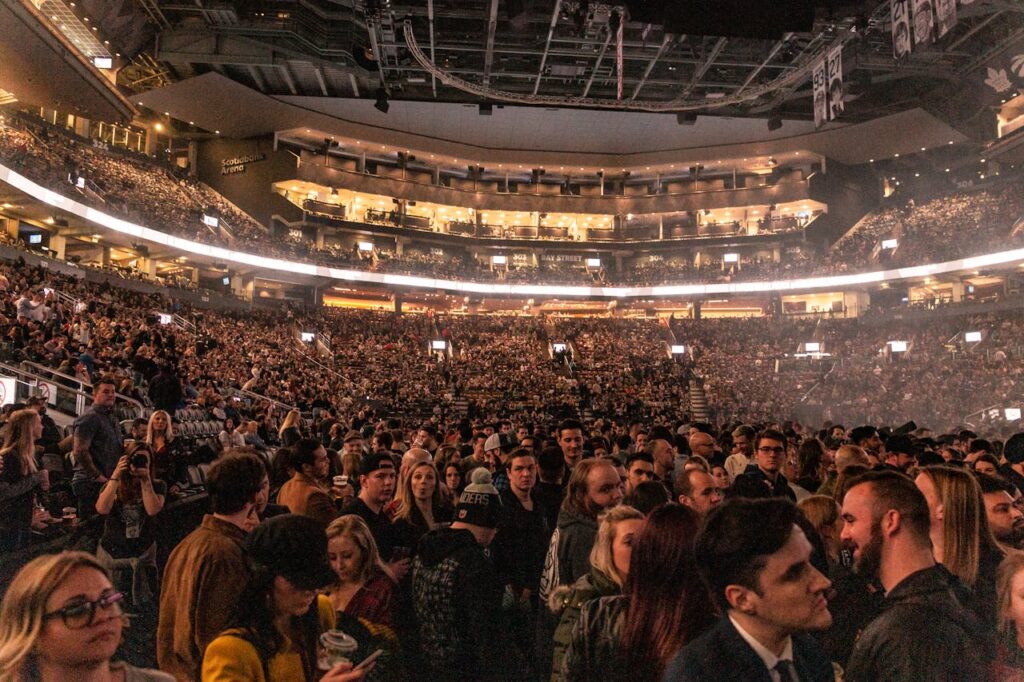When diving into the ticket resale market, understanding whether a ticket is a good investment is crucial for maximizing profits and minimizing risks. Here are key factors to research and consider:
1. Overall Demand for the Event
High demand for an event generally translates to higher resale potential. Monitor social media trends, fan forums, and ticket sales to gauge the buzz around the event. Popular events such as major concerts, sports finals, and exclusive performances often attract significant interest.
Research Tips:
- Social Media: Check platforms like Twitter, Facebook, and Instagram for hashtags related to the event.
- Forums: Visit fan forums and discussion boards to see how much people are talking about the event.
- Sales Data: Use tools like Google Trends to see search volume for the event.
2. Venue Size (Amount of Tickets Available for Sale)
The size of the venue can greatly impact the resale value of tickets. Smaller venues with limited seating often mean higher demand per ticket, potentially increasing resale prices.
Research Tips:
- Venue Capacity: Look up the venue’s seating capacity on its official website.
- Ticket Availability: Check the number of tickets available for sale and compare it with similar past events.
3. Price of Primary Tickets
The initial price set by event promoters or managers can indicate the expected demand. Tickets priced too high may deter buyers, while reasonably priced tickets can sell quickly and be easier to resell at a profit.
Research Tips:
- Primary Sources: Check official ticket sellers like Ticketmaster for primary ticket prices.
- Pricing Trends: Compare the prices with similar past events to understand if they are priced appropriately.
4. Day of the Week
Events held on weekends, especially Fridays and Saturdays, generally see higher attendance and ticket sales. People are more likely to attend events when they don’t have work the next day.
Research Tips:
- Event Schedule: Look at the event schedule to see if it falls on a high-demand day.
- Historical Data: Review past sales data for similar events held on different days of the week.
5. Location
The popularity of the artist or event genre in a particular area can significantly affect ticket sales. Research the event’s location to determine if there’s a strong fan base or interest in that region.
Research Tips:
- Local Popularity: Use tools like Spotify or YouTube to see where the artist’s songs are most popular.
- Event Genre: Research how similar genres have performed in the area historically.
6. Historical Sales Performance
Understanding how similar events have sold in the past can provide valuable insights into potential resale value. Events that have historically sold out quickly or seen high resale prices are likely to be good investments.
Research Tips:
- Historical Data: Use platforms like SeatGeek and StubHub to look up past event sales.
- Sales Trends: Analyze trends in ticket sales for similar events to gauge future performance.
Investing in tickets for resale requires thorough research and strategic planning. By considering factors such as overall demand, venue size, ticket pricing, day of the week, location, and historical sales performance, you can make informed decisions and increase your chances of a profitable resale. Always stay updated with the latest market trends and utilize available tools and resources to maximize your investment potential.



